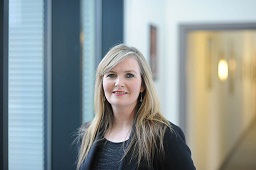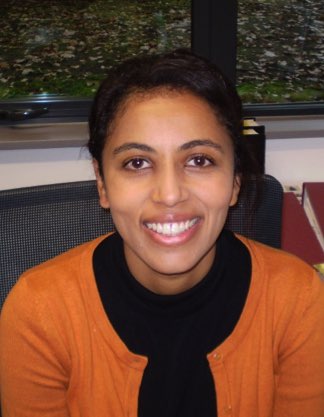Frequently asked questions
If you are thinking of studying Film and Television Studies at Warwick, there are a number of questions you might be asking yourself. We have tried to answer frequently asked questions below. If you can't find the answer to something you need to know, please contact us.
What will I be studying?
Film and Television Studies at Warwick adopts a broad and contemporary approach basing our teaching on a knowledge of film and television aesthetics, history and theory. We place a particular emphasis on textual analysis i.e. Why was the scene lit in this way? Why was it shot at this angle? What meaning does that style of editing create?
What’s the difference between the BA Film Studies and the BA Film and Literature?
Find out which degree is for you...
How will I be taught?
You will typically attend an initial screening of the chosen film or television programme followed by a lecture. There is a further screening in which students review the film or television programme in the light of the lecture and set reading. Finally, there are seminars in which 8–12 students convene with a tutor to discuss the week’s topic.
Film studies students will take four modules per term and Film and Literature Students will take two film modules per term and two literature modules.
What is the average amount of contact hours?
24 contact hours and (roughly) one essay per week. In addition, you will be required to spend time reading and viewing in preparation for seminar attendance and assessment.
All Film Studies modules have between 4.5–6 hours of contact time per week (leading to a total of about 24 contact hours per week), and you will be required to write at least one essay per week. Typical independent study time is 2–3 hours per week for each module. This figure increases when writing essays and preparing for examinations.
How will I be assessed?
You will be assessed via a combination of assessed essays and examinations.
The final degree result is based upon the average of all assessed work submitted across the second and final year of study. Each year comprises 50% of the overall degree result.
What careers can a Warwick degree in Film Studies lead to?
Our students typically go on to work in different spheres of film and television production, journalism, publishing, advertising, PR, arts administration, and also to certain careers in teaching and academia. Find out more about Employability and Careers.
What study options do I have?
We offer two courses where Film and Television Studies are the primary focus: Film Studies and Film and Literature.
We also offer three courses where Film and Television Studies are taught alongside a modern foreign language:
French with Film Studies; German with Film Studies; and Italian with Film Studies.
Film Studies
UCAS Code: W620 BA/FS
In single honours Film Studies, you will devote your time entirely to the study of film, or branch out into the fields of Television and/or Video Art Studies, or other related subjects.
The degree in Film Studies aims to define and explore the creative potentialities of cinema, closely examining textual features, assessing critically the achievements of major practitioners, the history of key genres and the various theories of film form and meaning. There is a consideration of the historical, sociological and ideological aspects of cinema, relating film texts to the particular cultures and periods in which they were produced and exploring the significance of genres and stars and the role of technology and economics.
The degree builds on the internationally recognised strengths of the degree Film and Literature sharing with that degree core modules in Film History, Film Criticism, National Cinemas, Hollywood Cinema and Film Aesthetics.
How is the course structured?
You take at least three film modules in each of your three years thus increasing coverage. You are also able to take a higher number of research-led film options in your final year.
You may also elect to study the history, criticism and aesthetics of television, one of the areas in which the department has a leading role in teaching and scholarship.
Film and Literature
UCAS Code: QW26 BA/FilLit
Our most established programme, this degree features the relatively new university discipline of Film Studies, complemented by the more traditional discipline of Literature.
On this degree the study of film forms one half of the course, the other half being provided by the Departments of English, German and French.
The degree offers an extensive education in the history, theory and aesthetics of film as well as a good grounding in literary theory and an exploration of literature from the classical period to the present day. Each component of the course is taught separately, and whilst comparative themes are explored, each medium is valued in its own right.
How is the course structured?
For the first two years, you will take two modules from within the Department of Film and Television Studies and two from the other departments, some of which have been devised exclusively for the Film and Literature degree.
In the final year, you will have one core module in film and one option module literature, with the other two option modules allowing you to pursue your particular interests.
Students who achieve good 2.1 grades over their first two years have the opportunity of researching a 10,000 word third-year dissertation.
Contact us

Tracey McVey
Departmental Administrator
T dot A dot Bale at warwick dot ac dot uk
Telephone: +44(0)24 765 23511

Lynsey Willmore
Undergraduate Admissions Secretary
l dot willmore at warwick dot ac dot uk
Telephone: +44(0)24 765 22689
